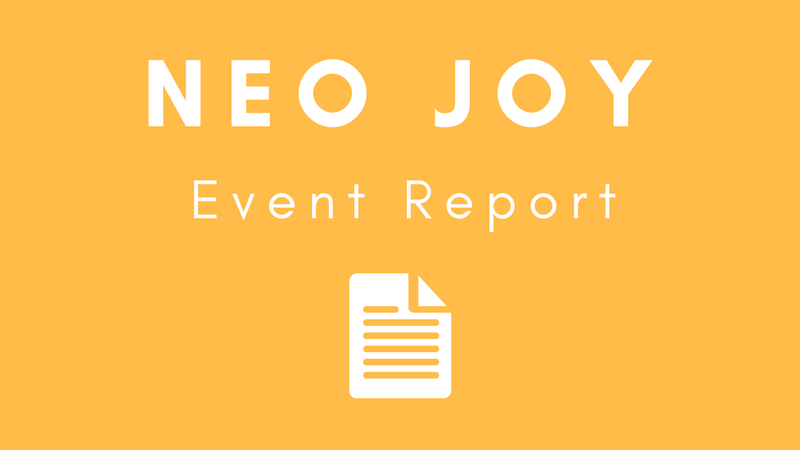
On November 12, NEO JOY assembled blockchain enthusiasts from Hangzhou at Ferry Star, and launched a discussion on “The establishment of foundational blockchain facilities and servcies”. LawChain CEO Chen Wenjun, NEO community developer Peter Lin, Onchain core developer Weng Junjie, Qlink project CEO Li Jianbo and Loopring protocol developer Xiaolu shared insights into their respective fields of expertise.
Blockchain application, laws and regulations
LawChain CEO Chen Wenjun
After briefly introducing the definition and types of blockchain, Professor Chen analyzed the impact of blockchain on social development, the legal logic behind blockchain technology and legal services that can be provided through the use of blockchain. These points were separated into three distinct levels, where Professor Chen elaborated further on each level.
On the first level, Professor Chen proposed that blockchain influences five aspects of society such as reshaping the economic structure, influencing the legal system, changing social management, changing individual behavior and reforming sociological studies. Subsequently, Professor Chen shared his thoughts on the legal logic behind blockchain technology, where he asserted that the underlying operation of the blockchain is anchored on “nature” and “rationality”. The basis of trust within a blockchain is built upon mathematical calculations and the natural rules of the algorithm, and along with human rationality, this will be able to limit “evil”. In closing, Professor Chen noted that regulatory sandboxes are the connection between blockchain and legal services.
NEO5 token standard
NEO community developer Peter Lin
Peter Lin started off with an introduction to Bitcoin, and the rapid development of blockchain technology within recent years. Afterwards, he gave a detailed introuction into NEO and its ecosystem, such as the well-known core pillars of the NEO ecosystem; Smart contracts, digital identities and digital assets. Moving on, he elaborated on the NEP5 token standard for NEO, which is extremely important for wallet support, exchange listing and smart contract creation.
Finally, Peter Lin introduced the multi-lingual environment for NEO development, and highlighted the successful Red Pulse (RPX) token sale that occurred on October 10, as an example of NEO’s powerful smart contract and digital asset distribution capabilities.
The application of blockchain in supply chain
Onchain core developer Weng Junjie
Today, we are moving into the the 4th generation of commercial, agriculture-industrial activities. Looking back at the past, the first era of commercial, agriculture-industry saw the integration of core businesses with upstream and downstream connections. The second generation gave rise to the information-based platform, while the third evolution brought about the financial integration to these platforms. Supply chain finance 3.0 has faced the issue of industry and ecosystem fragmentation, with complex dimensions such as customer loyalty, flow of assets and the power of data. With this in mind, Weng Junjie put forward the concept of “blockchain + supply chain finance 3.0”, build on the foundation of blockchain-based trust.
Within this framework, the blockchain covers the blind spots of the industrial chain by providing intergrated core service records with in-built maintenance features. On the service side, the blockchain will transform existing single-point and partial services to become foundational services for the industry; In the industrial circuit dimension, the blockchain will disrupt existing local and single-point businesses, creating multi-point intersection and an integrated service ecosystem for transfer of value; Data silos and uncertainties can be minimized with the use of blokchain technology, enabling these datasets to become global and highly accurate. The evolution of Supply Chain Finance 3.0 has fragmented the supply chain ecosystem, where businesses need to work together and regroup, so as to achieve higher effeciencies in the future.
Finally, Weng Junjie believes that the core value provided by the blockchain is trust, ensuring the accuracy and privacy of the data, which is extremely applicable in supply chain finance.
Loopring next generation virtual asset exchange and trading agreements
Loopring protocol developer Xiaolu
Xiao Lu began her sharing with an overview of the cryptocurrency market. Along with the rapid growth of the cryptocurrency market over the past 6 months, the importance of exchanges is becoming increasingly apparent. She split exchanges into two categories, centralized and decentralized, giving detailed analysis into both categories. Following that, Xiao Lu introduced the characteristics of the Loopring protocol: When an order is generated in the order pool, partnered platforms will send the transaction into smart contracts. This will provide off-chain matching services with on-chain settlement. For the user, this will lower the transaction costs, and guarantees the safety of the cryptocurrency token due to reduced counterparty risk.
In the future, Loopring has set the following goals: “Protocol Validation and Launch Demonstration”, “Validation of Loop Discovery Algorithms,” and “Mobility for the Ethereum ICO Ecosystem.” In Closing, Xiao Lu also mentioned that Loopring will provide support for NEO in the future.
The world’s first decentralised mobile network
Qlink project CEO Li Jianbo
The continuous development of communications technology, be it communications service providers or communications equipment providers, have all been centralized, yet these services are not available on a singular platform. People have an insatiable hunger for mobile networks, but many are discouraged because of the high prices. Qlink puts forward a vision of a free mobile-web world where anyone can become a node operator.
This vision is divided into four parts: “Free sharing of wifi”, “Decentralized distribution of content”, “Providing better communication services for enterprise users”, “Establishment of communication protocols and transforming every person into a communication base station”.
TheKey based on national big data and blockchain technology identification tools
TheKey
According to Dr. King’s description, the vision of TheKey project is to create an identification system on the Internet. Identification is an indispensable criteria for establishing mutual trust on the Internet. In the Internet today, the four dimensions of when, where, what, who exist, but there is the lack of “who”, or the lack of non-repudiation. The emergence of TheKey project is to solve this pain point that exists today.
Next Dr. King gave us a detailed account of the six major components of BDMI (Dynamic Multidimensional Data Recognition) technology and stressed that only a combination of these six elements can simultaneously ensure identification accuracy of an individual. Today, most of the proof of identity options are reliant upon various forms of documents, and TheKey can allow this data to become available online, using only fingerprint and iris scanners to verify one’s identity.
NEO JOY has provided attendees with industry insights from various angles and through the lens of different projects, especially on the theme of “The establishment of foundational blockchain facilities and servcies.” The event was very well received by the blockchain community in Hangzhou, with a lively atmosphere and a fruiful afternoon of sharing and discussion. Seeing the level of excitement and interest within the community encapsulates the meaning behind NEO JOY’s events. We hope that the community participants will be able to think more about the blockchain and its infrastructure. As always, we warmly welcome any discussions, so that the innovation in blockchain services can truly change the world!
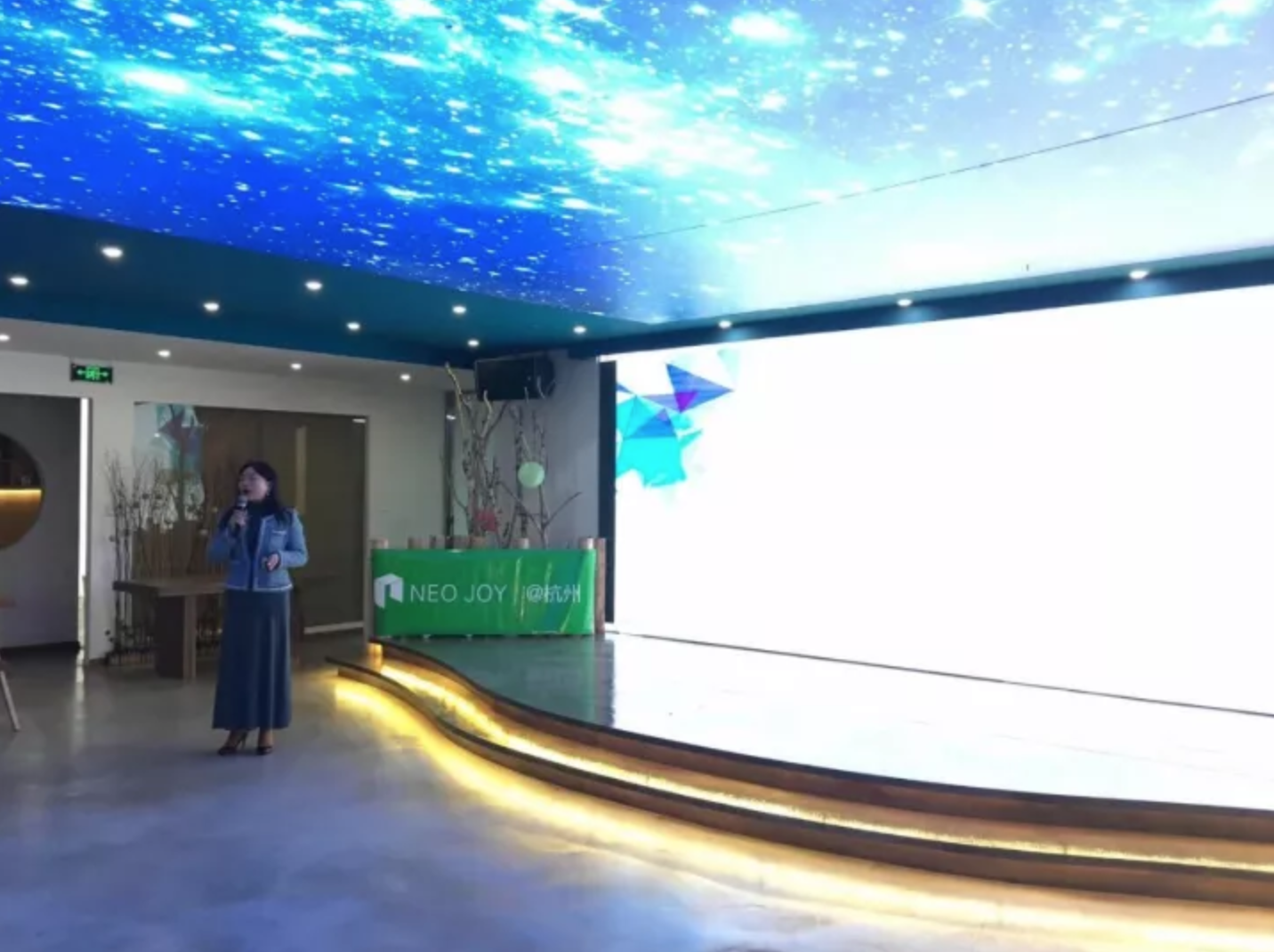
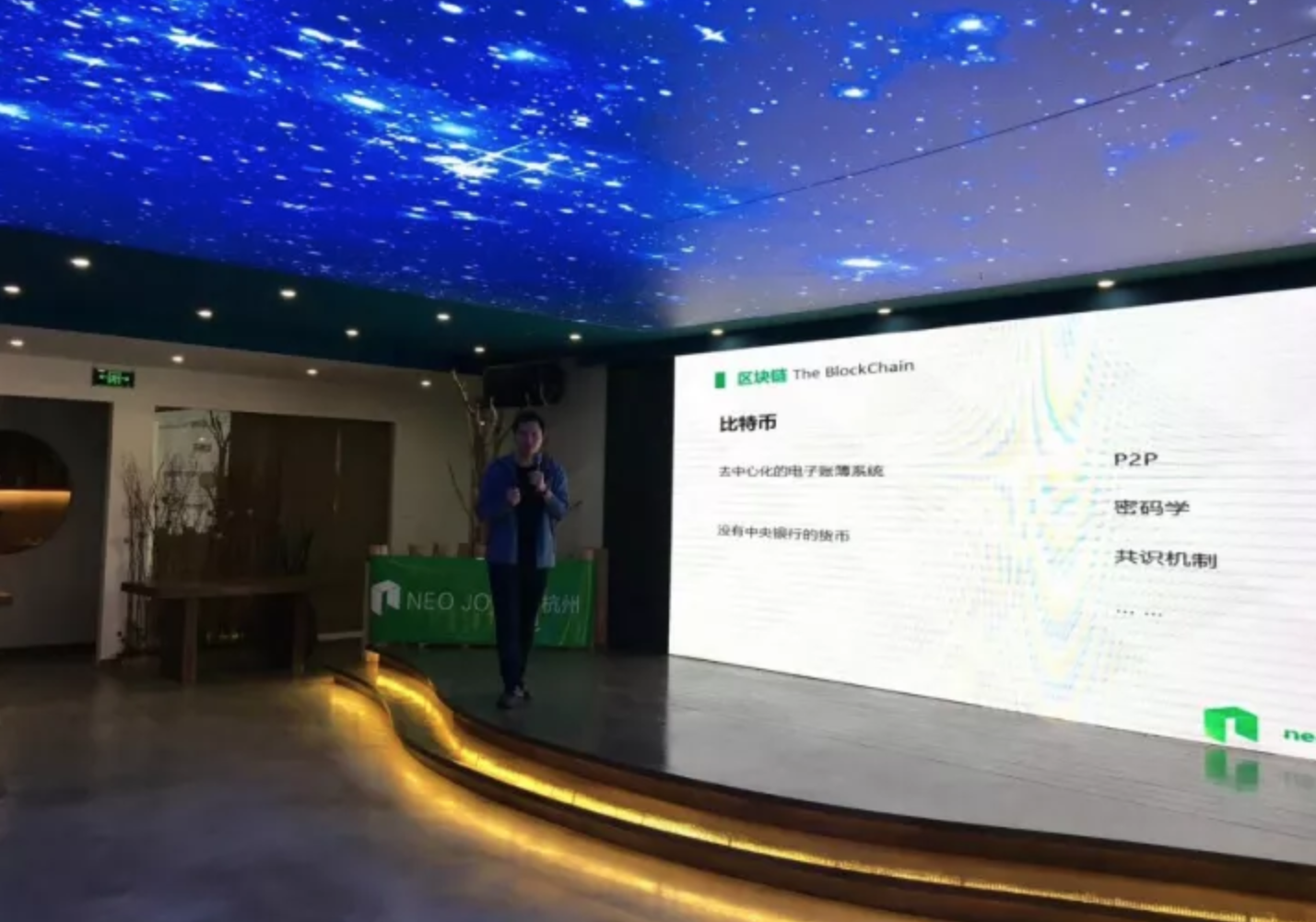
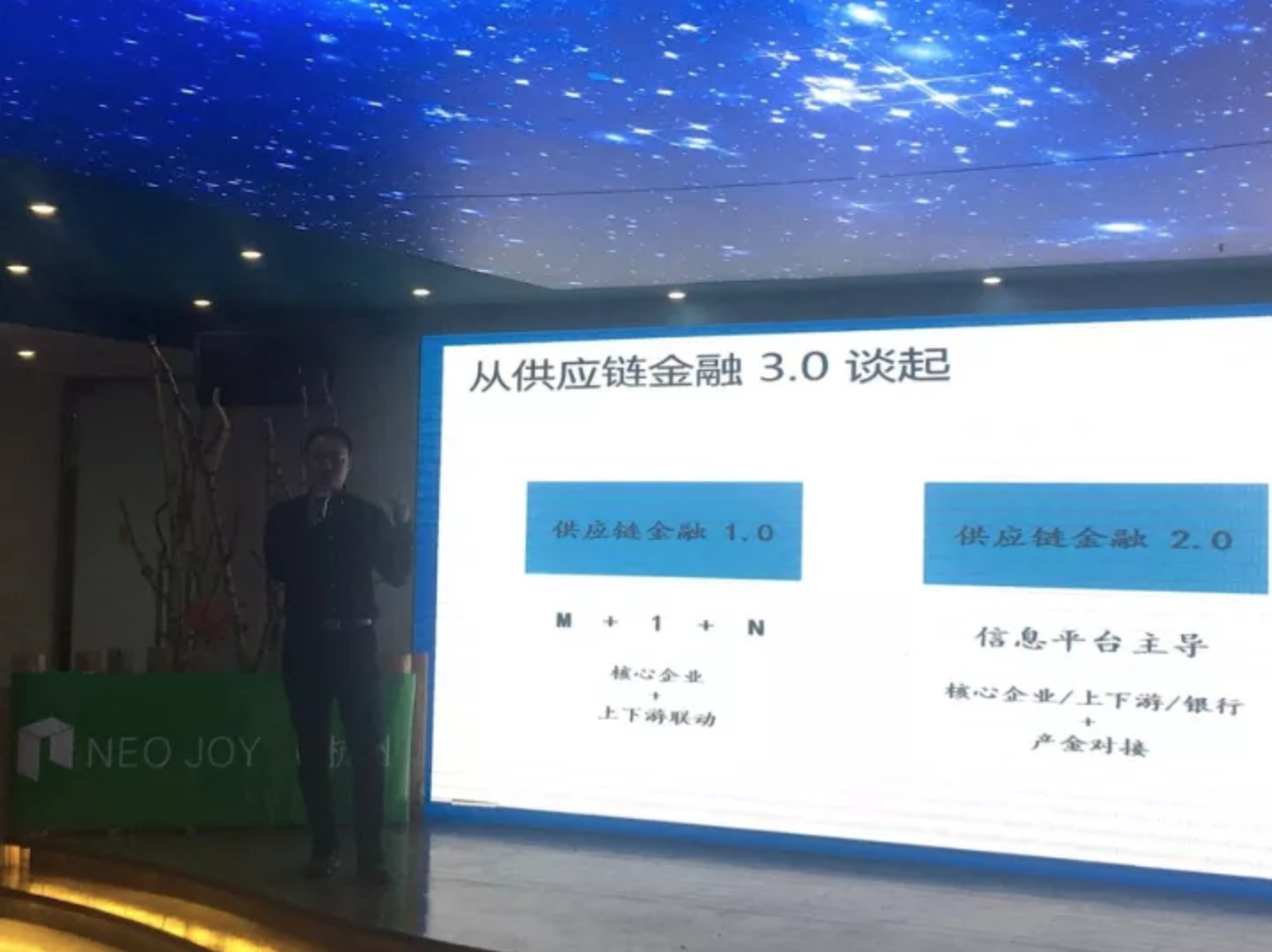
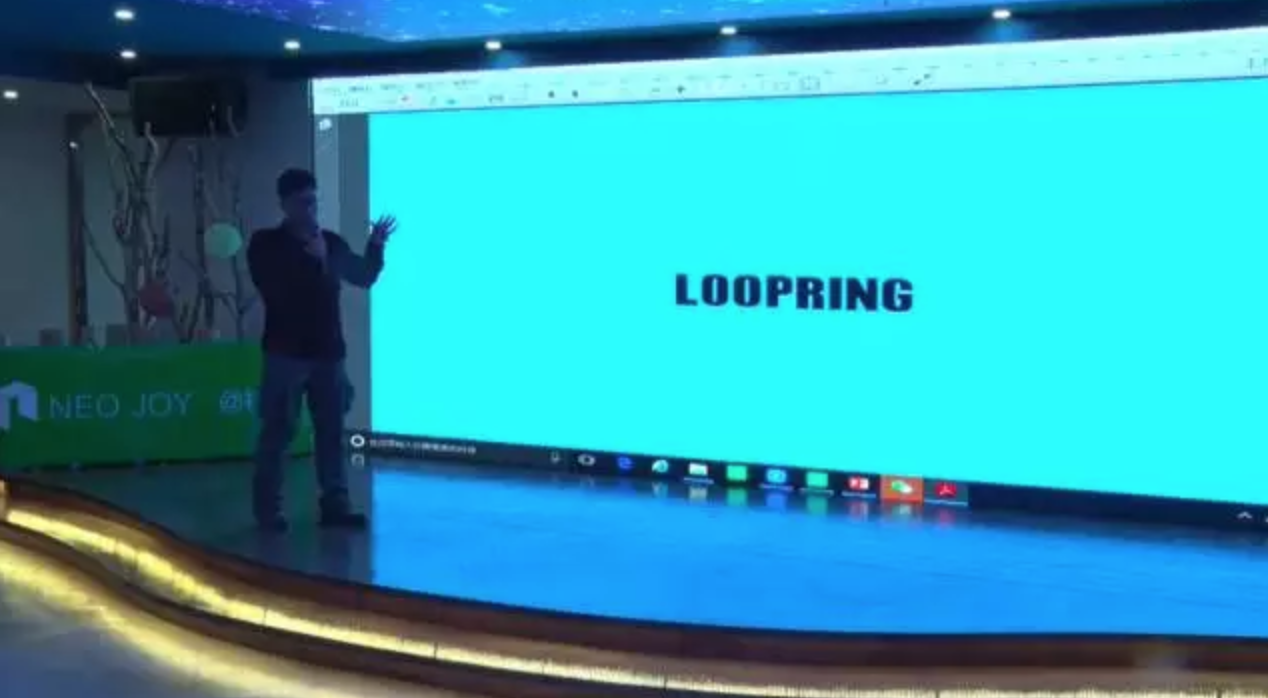
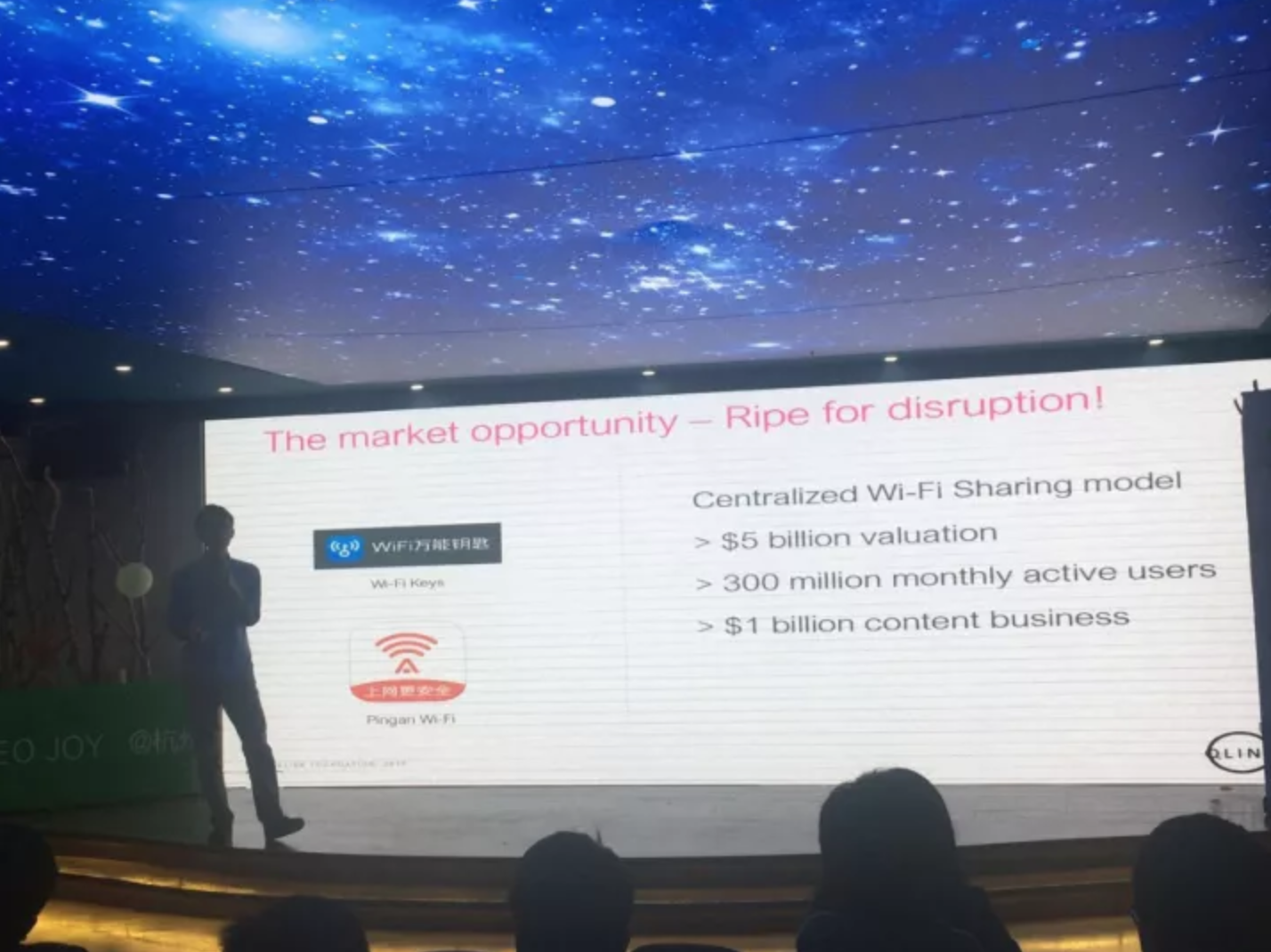
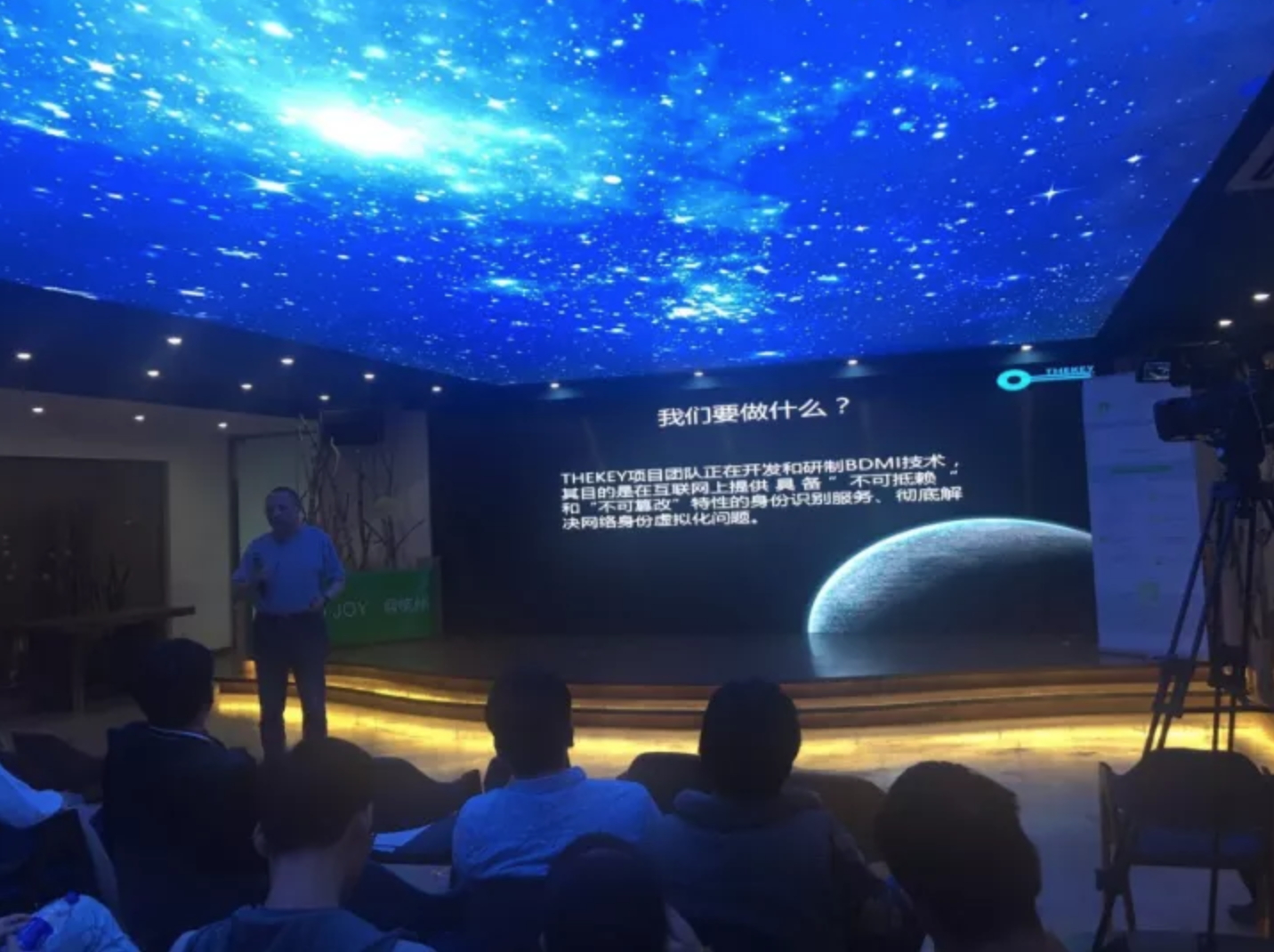






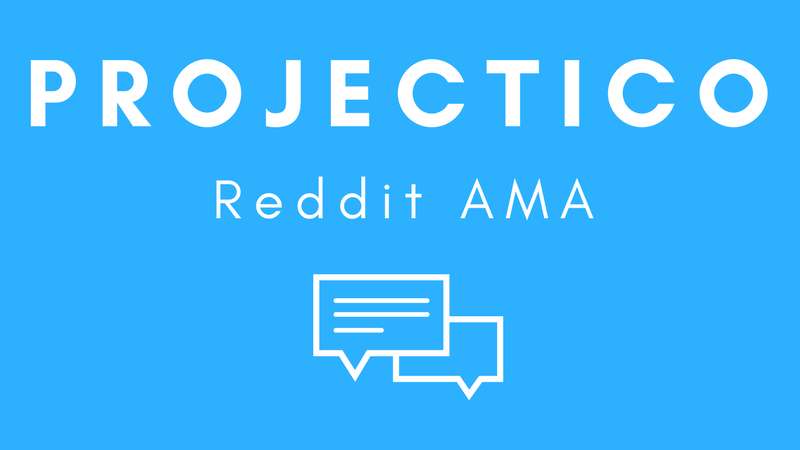
About The Author: Dean Jeffs
Dean is a digital project manager who has worked extensively with start ups and agencies in the marketing space. Fascinated by the potential applications of blockchain technology, Dean has a passion for realising the new smart economy.
More posts by Dean Jeffs